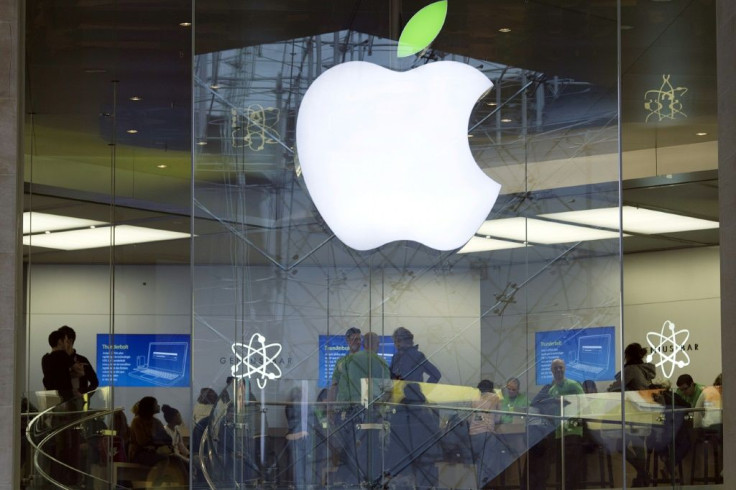Imagination Tech's AI And GPUs Could Be Used In Apple's Next-Generation Products

KEY POINTS
- Imagination Technologies recently announced that it signed a new license agreement with Apple that grants the Cupertino company access to its intellectual property.
- In 2017, Apple decided to end its relationship with Imagination Technologies and design its own graphics processing chips
- In its unclear what IP Apple will gain access to as the result of the latest licensing agreement
Former Apple partner and the UK-based chipmaker Imagination Technologies recently announced that the Cupertino company had replaced a licensing agreement, which was first signed in 2014. The details of the deal, including the technology involved, is still unknown at this point. The announcement is a clear indication that both companies are now working together and has revived a business relationship that has ended in recent years.
A few days ago, Imagination Technologies Group Plc announced that it has once again inked a new deal with Apple Inc. In 2017, Imagination was sold for $663 million to Chinese buyout firm Canyon Bridge Capital Partners. In its announcement, Imagination said it “formed a new multi-year license agreement under which Apple has access to a wider range of Imagination’s intellectual property in exchange for license fees.”
In the past, the Cupertino company used GPUs or graphics chips designed by Imagination Technologies. However, in 2017, it used its own internal chip designs with the iPhone X and iPad Pro in 2018. Apple also uses its own GPU for its Apple Watch.
[[nid:2894861]]
In 2017, Apple informed Imagination Technologies that it would stop using its intellectual property in new products within a couple of years. At that time, Imagination Technologies, which was then a public company, suffered from its stock plummeting following its announcement of losing one of its biggest customers, Apple. It also said that there might be material uncertainty if the Cupertino company does not pay any royalties on its latest iPad and iPhone generation.
It is not clear if Apple paid those royalty fees, but Imagination Technologies argued it would be “extremely challenging for the Cupertino company to design a graphics processing chip in the manner that enables them not to pay royalties to Imagination.” Although the company did not specifically reveal what the latest agreement covers, it is possible that the graphics and artificial intelligence of the company could be crucial to next-generation Apple devices. It is worth noting that for years, Apple depended on Imagination’s PowerVR technology in its a-series SoC designs.
These are silicon found in some iPads, Apple Watch Series 3, and even Apple TV 4K. But, in 2017, Apple introduced its proprietary A11 Bionic chip with an integrated GPU that power iPhone 8 and iPhone X.
© Copyright IBTimes 2025. All rights reserved.




















